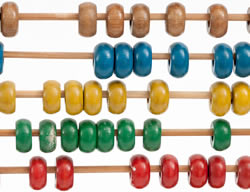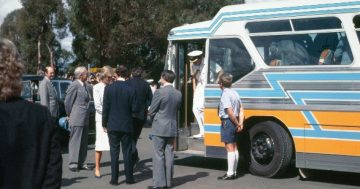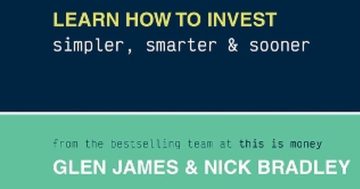Sophie Elsworth* says most people blame the lack of financial education in schools for them being bad money managers, but it is possible to turn this around.

Photo: Crissy Jarvis
Many Australians blame a lack of financial education during their schooling days for leaving them worse off.
Financial literature is now dotted throughout school curriculums, particularly in high school, but many adult Australians received little if any lessons about how to be wise with their cash.
New independent research commissioned by Budget Direct quizzed 1,000 Australian adults and found nearly three-quarters of people think they would be better off financially now if they had been taught more about money at school.
It also found four in five people believe financial subjects should be compulsory at school.
Budget Direct Chief Marketing Officer, Jonathan Kerr said it was “promising” to see so many Australians support compulsory financial education in schools.
“If Australians had financial literacy support in school they believe they would be better off today,” he said.
“The need for financial literacy should start young and be embedded young.”
“It needs to be continued to be built so you can plan your life the best you can.”
Mr Kerr said there were plenty of free online resources that could help people become better educated, particularly for those who feel they are lacking financial nous.
“The most important thing is that you read up well before you make any financial decisions and get independent financial advice,” he said.
“You should always shop around as well and you don’t need to be extremely financially literate to work out is this the best deal you can possibly get.”
The Australian Securities and Investments Commission (ASIC) MoneySmart Senior Executive Leader, Laura Higgins said financial education “isn’t something you’ve missed out on and you can’t catch up on”.
“Go on to the MoneySmart website, that’s a good starting point and find out what questions you should be asking about your financial situation,” she said.
“Look at what products you have, how many credit cards you have and what’s the interest rate that you’re paying.”
“Is there a better product?”
Ms Higgins said it was important Australians engaged with their financial expenses and understood the products they were signed up for so they are on top of their monetary situation.
“Talk to your friends and family about getting a good deal and ask how did they do it,” she said.
“We need to normalise those conversations because you can determine the financial decisions in your life that work well and also learn from your mistakes.”
“Share that with people.”
How to get financially savvy:
- Use free online resources including the Moneysmart website.
- Ask family and friends how they manage money.
- Read the business pages of the newspaper and pay attention to business news.
- Understand where your money is going.
- Look at the fees and charges you are paying on your financial products.
- Seek expert and independent financial advice.
* Sophie Elsworth is national personal finance writer at Newscorp. She tweets at @sophieelsworth.
This article first appeared at www.news.com.au











